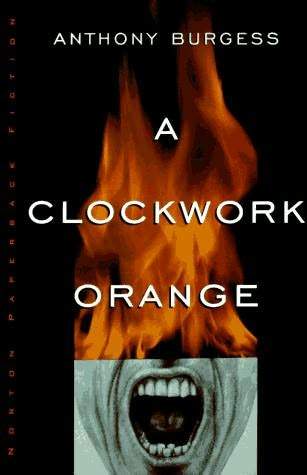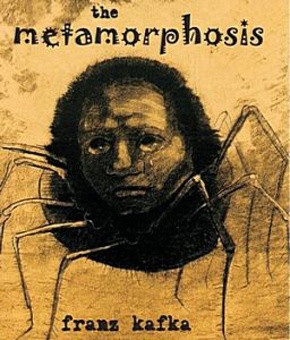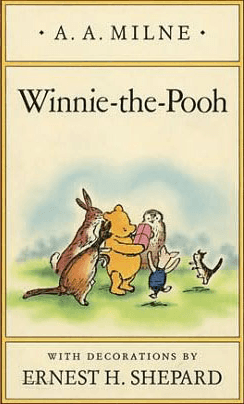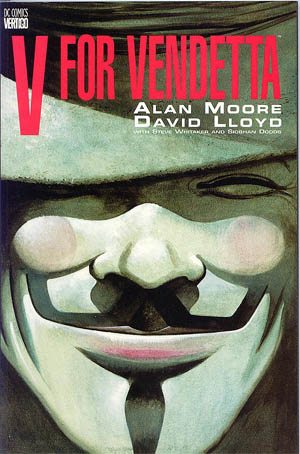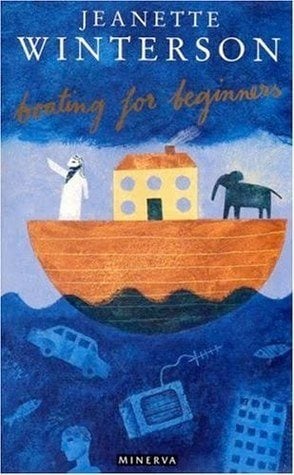However, other times when writers churn out a book, they may actually loathe the work and its content. The disliked book sometimes becomes a best seller, and then the author is saddled with talking about a work they never really enjoyed themselves. So if you have writer’s block, or cannot see the value of a writing project you are working on, remember, you are not in bad company. The following authors went on public record disowning their work.
1. Anthony Burgess – A Clockwork Orange
Later made into a well-regarded film by Stanley Kubrick, A Clockwork Orange depicts a dystopian British future full of sex and ultra-violence. Burgess himself hated what the work became, claiming that he had written the work in only three weeks. He disliked that the message of the book was taken by society as “glorify[ing] sex and violence,” which was not at all Burgess’s intent.
2. Ian Fleming – The Spy Who Loved Me
Fleming wrote this book in an attempt to make the much-beloved James Bond into a secondary character, trying to send a lesson about Bond’s misogyny. His aim was to caution against the hero-like worship of Bond. The work was widely thought of as a failure and received mostly negative reviews. While the book went out of print during Fleming’s lifetime, the 007 series’ popularity brought it back to life after he died.
3. Franz Kafka – Metamorphosis
Kafka had an almost obsessive compulsion to burn stories immediately after completion. In Metamorphosis, Kafka writes, matter-of-factly, of a man who wakes up one day that he has transformed into a large insect. The work is dazzling and unsettling, and draws parallels to how Kafka feels about his writing. He disliked his own works so much that he made a friend promise to burn them upon his death. The friend chose to publish what remained instead.
4. Stephen King – Rage
The content of Stephen King’s Rage lends itself to dislike by the author and by society at large. Written by King when he was just 17 and published many years later, the work depicts the story of a high schooler who enters his algebra class, kills his teacher and holds his classmates hostage. After a spate of school shooting culminating in The Columbine Massacre in Colorado, King sought to remove his text from publication, as he worried it was being used as inspiration for violence. The novel was one of few that king would later publish under his real name, Richard Bachman.
5. A.A. Milne – Winnie the Pooh
Milne was an author of adult fiction, but saw success with Winnie the Pooh, originally a set of stories created for his young son. The stories were simple childish narrations of what his son’s stuffed animals might say and do if they came to life. Before the Pooh, Milne had written seven full-length plays and 25 novels, but he would always be remembered – much to his chagrin – only for the cuddly Pooh and his friends.
6. Alan Moore – V For Vendetta
Moore had a contentious relations with his publishers at DC Comics, one that would sour his feelings about two of his most-widely read comics, Watchmen and V For Vendetta. Moore expected to be the owner of the copyright on the two works, and DC promised to allow him that right once the works went out of print, something the comic book company never planned to let happen. And didn’t. In reaction, Moore tried to have his name removed from the work, failing entirely.
7. Kurt Vonnegut – Breakfast of Champions
In a collection of his short stories called Palm Sunday, Vonnegut graded his some of his own works. Several of his lesser known works received D’s, but his widely-acclaimed Breakfast of Champions received a C. Vonnegut was at times disillusioned by his own writing, once even saying, “When I write, I feel like an armless, legless man with a crayon in his mouth.”
8. Jeannette Winterson – Boating for Beginners
A novel of magical realism, Winterson wrote Boating for Beginners simply because she was broke and needed cash. In the work, the male protagonist accidentally creates God while trying to build a boat. This leads the protagonist to write books dictating how to create God. The works incur God’s wrath, and so forth. Later on in her career, Winterson would try to quash the novel, and she would mostly succeed in getting it out of print. So whether its because of copyright issues, because of the reason the author originally wrote the work or because society missed the author’s message or the arc of their career, many times, authors dislike their works so much that they try to get them pushed out of print. Never fear, authors! Books are living things, and your relationship with them may well change over time. Featured photo credit: Jena Bhone via flickr.com
